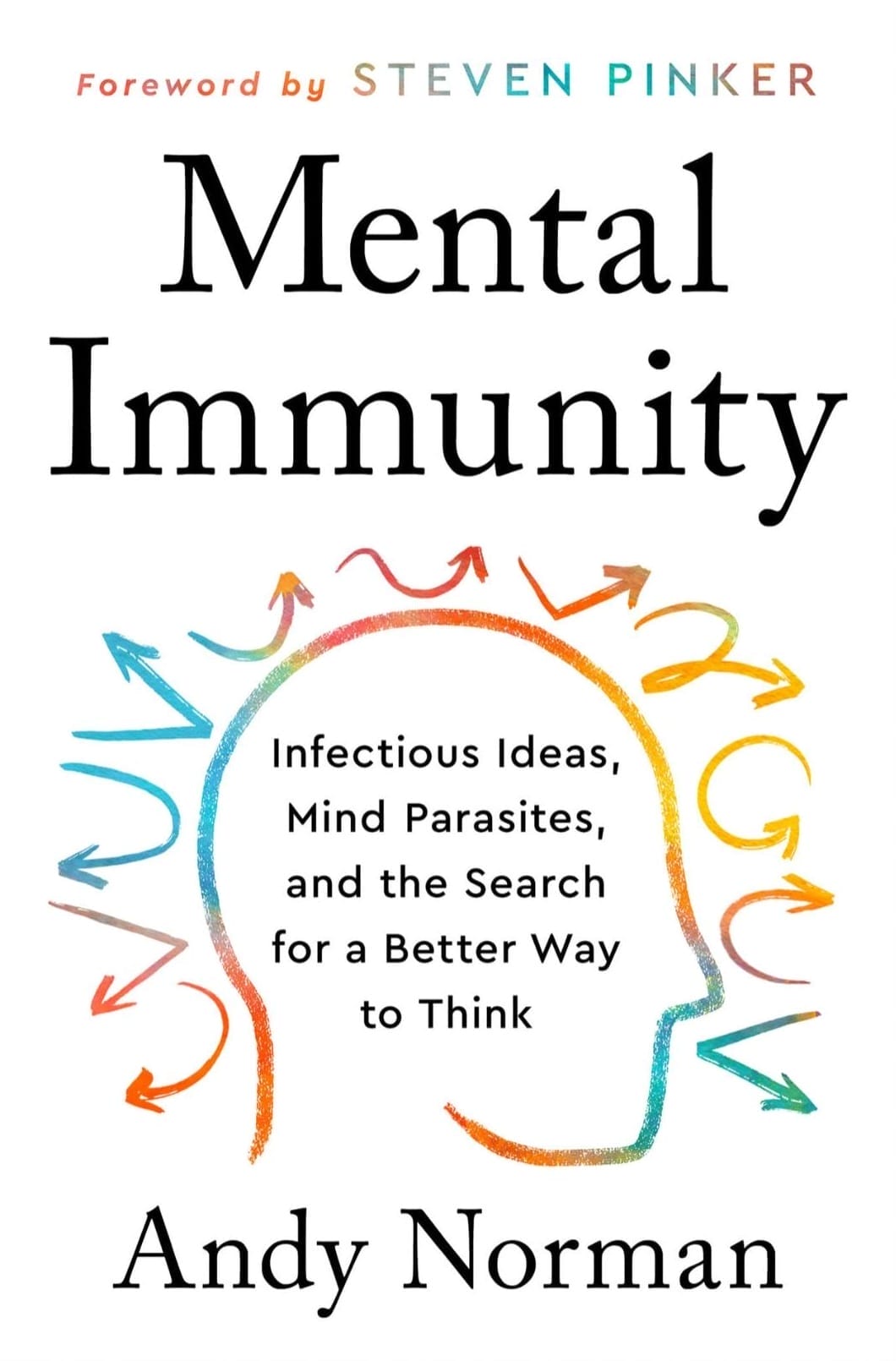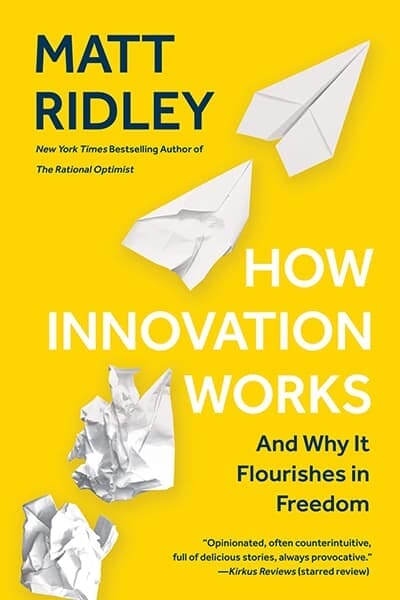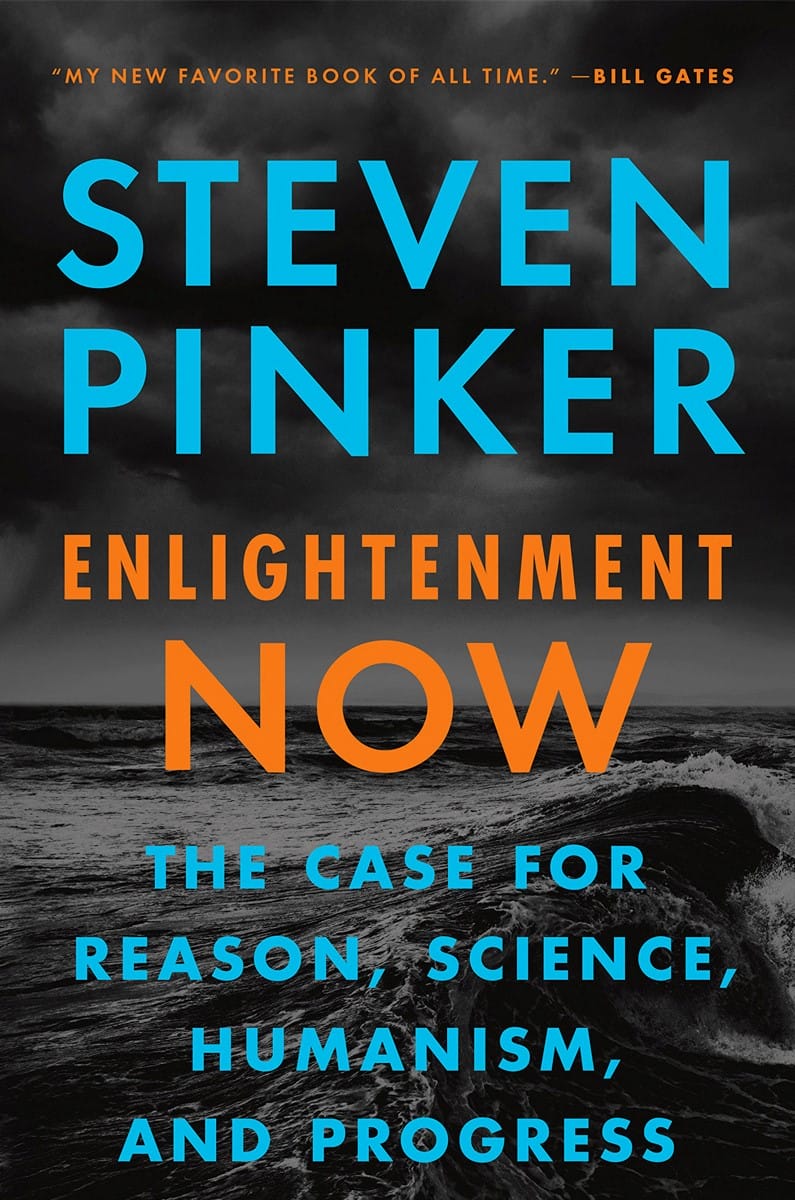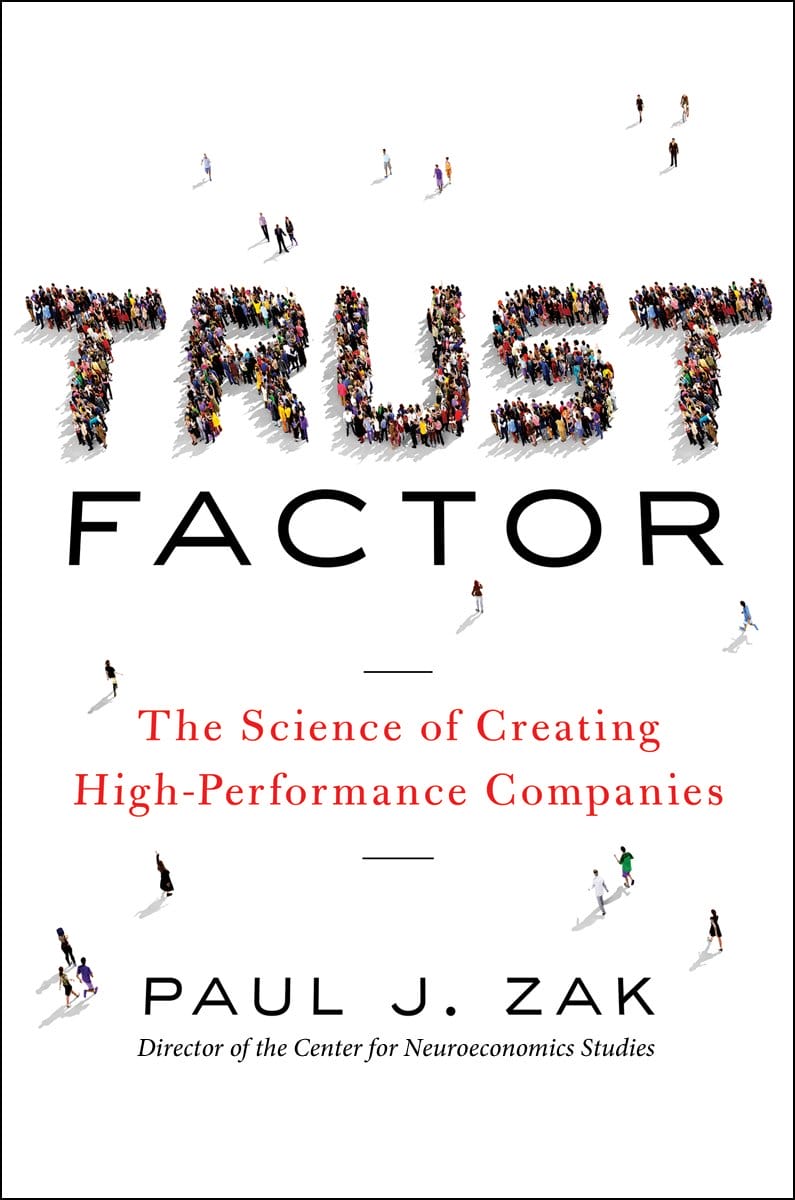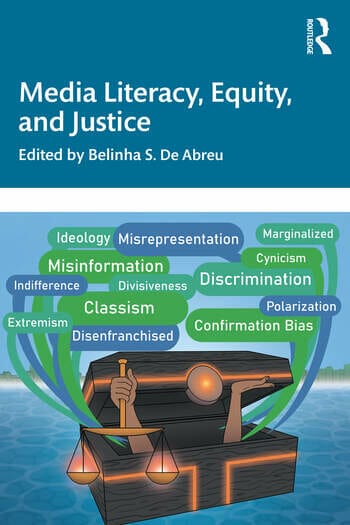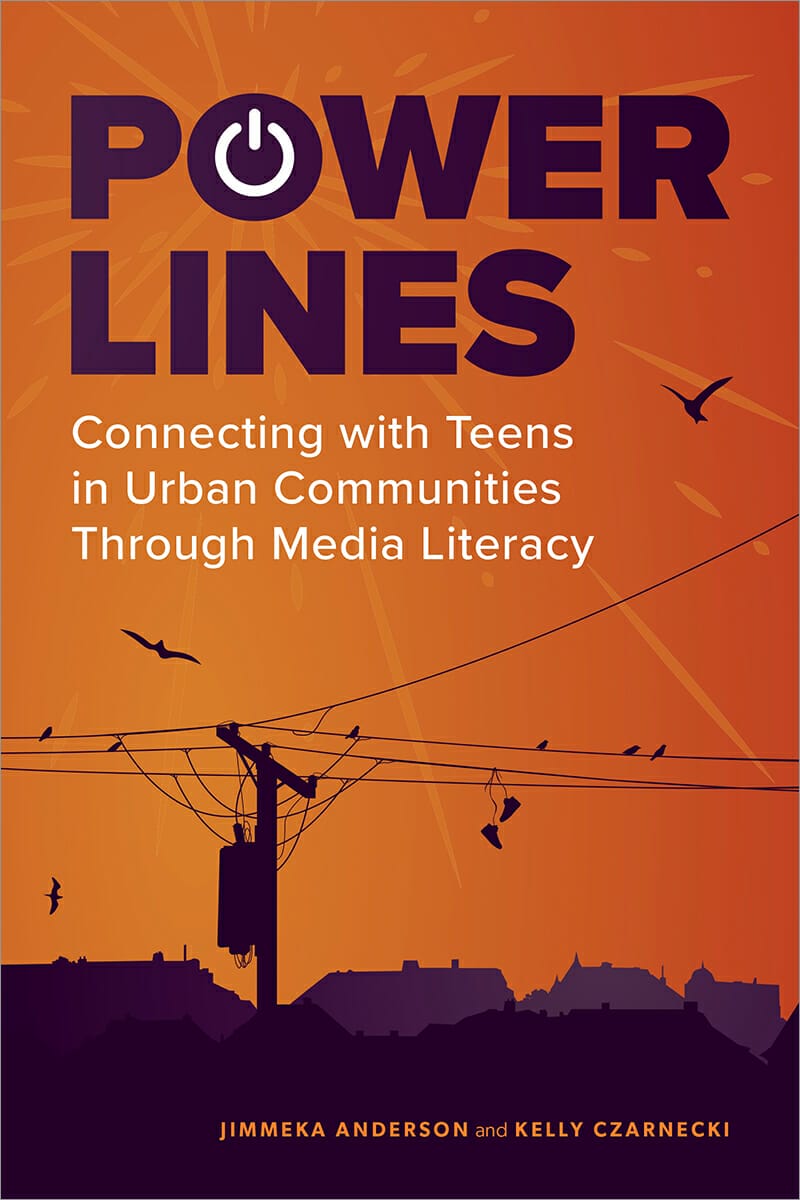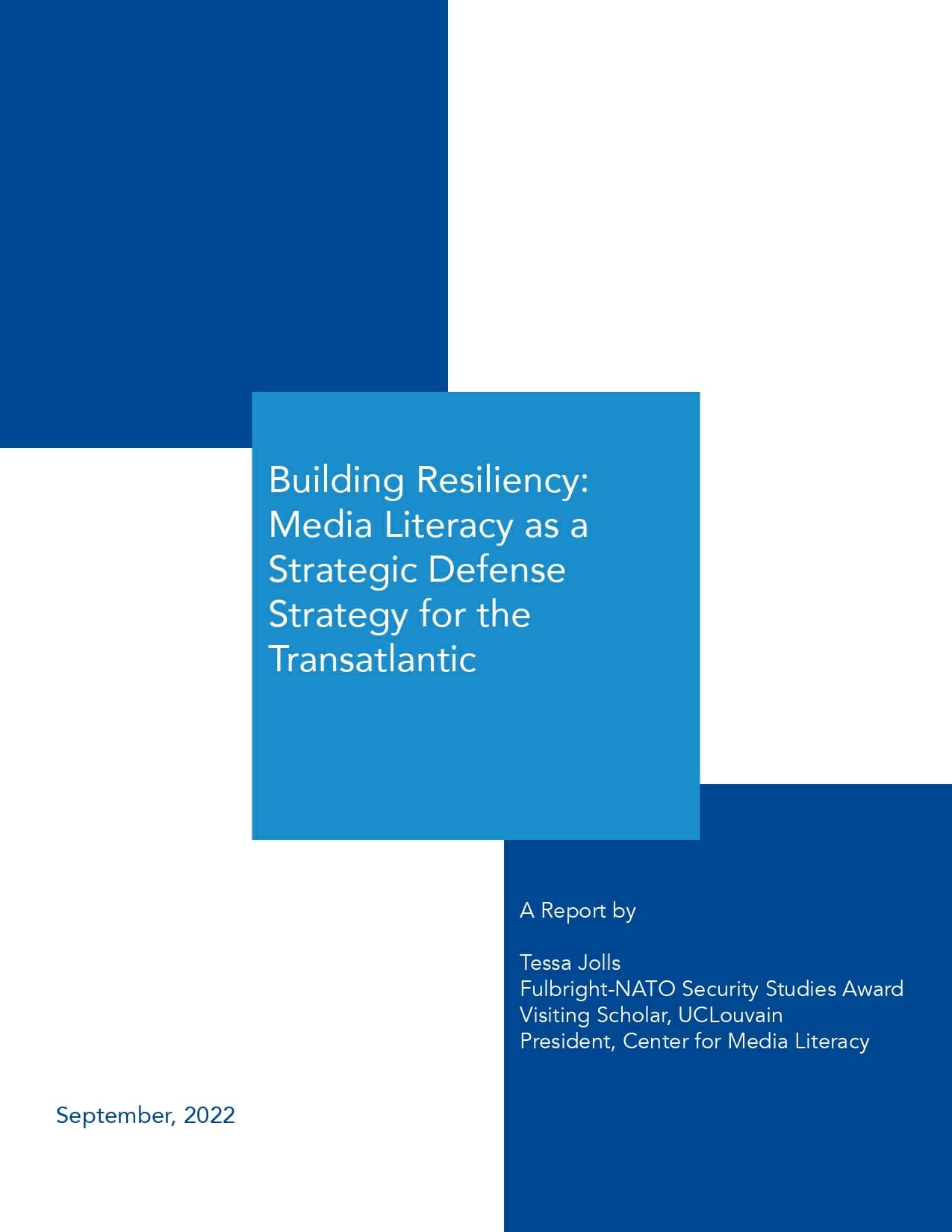Ask our AI chatbot any questions you have about media literacy. Questions like:

Why do we need media literacy?
Our world today is safer, healthier and more positive and productive than ever before. Never in history has the per-capita involvement in crime and war been lower. Never have human beings been healthier and better educated.
Unfortunately, the gap between reality and people’s perceptions is great. Grim views of the world around them deprive people of optimism, generate fear and create a sense of hopelessness. They stifle creativity and innovation, causing society to live and suffer under a pall of negativity. The most damaging effect has been the decline of trust. People who do not trust one another do not help one another. The lack of trust has resulted in stark societal divisions.
The current situation…
If you believe everything you read and hear about crime, violent conflict and poverty, you might think that the world has become a very troubled and dangerous place.
The facts tell a different story.
For-Profit Editorial Coverage
Frequent Exposure to Negative News
Lack of Media Literacy Education

Trust Me Documentary explores how media technology is influencing society and what we can do about it.
Winner of the 2021 UNESCO Award for Media Literacy in North America
What is causing this and why?
Editorial coverage motivated primarily or solely by profit
Many U.S. media outlets meet high journalistic standards. Too many, however, are driven by the need or desire to capitalize on sensational news. Countless outlets give undue weight to stories about crime, conflict and poverty and under-report news of positive human behavior and progress.
Frequency of exposure to negative news
“Always on” mobile devices deliver content nonstop from proliferating news sources, crime-related TV shows, blogs, texts, emails and social media (Facebook, Twitter, Snapchat, etc.). As a result, more of us are increasingly exposed to negative and/or false information. Add to that the “click bait” options from “fake news” websites, and it’s easy to see that people are dealing with an unprecedented onslaught of negative, untruthful news. To put it simply: They’re getting hit from all sides, and they need the skills to sift through the rubbish to find reliable information.
Lack of media literacy education
Consumers, because of a widespread inability to objectively absorb and weigh news, fail to gather and disseminate truthful information about vital issues. “Alternative facts” and “fake news” are nothing new. Our nation’s freedom of the press has long given publishers, broadcasters and, more recently, writers on social media platforms and fake news sites free rein to make up scandals and conspiracies and to sensationalize their reports.
These factors are undermining trust.
Trust enhances empathy. Empathy encourages people to help one another.
Caring people must learn to cope with the onslaught of information so that they can best use their knowledge for the common good.
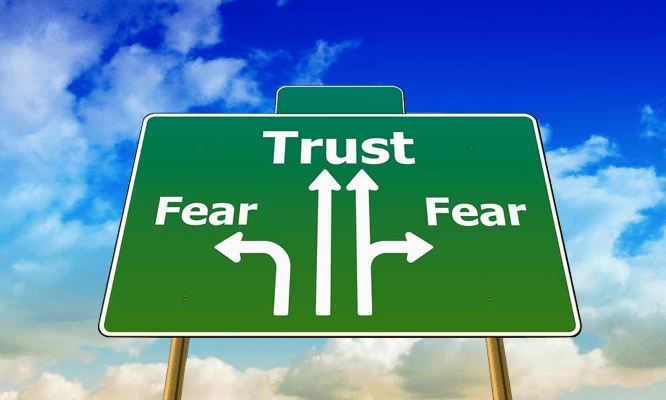
What are we doing about it?
Getting Better Foundation seeks to build trust through media literacy. People who trust one another are more likely to help one another. The more people help one another, the better our world will be.
We’re helping to create a culture of trust built on scientific research and unimpeachable facts, shared in the media and on the ground through a network of advocates who are passionate purveyors of truth.
We will fight falsehoods with facts. We will beat negativity with positivity and replace suspicion with trust. We will work to spread truth, optimism and a sense of well-being.
Let’s Support Media Literacy
We help empower people to build a more resilient population with media literacy.
Getting Better Foundation is a 501-c-3 public charity. Our mission is to build trust using the truth. Our greatest need is funding for educational materials for schools and communities. If you’d like to help, you may donate here.
Petition to Get Media Literacy into Schools
To be delivered to the United States Department of Education, Governors of the 50 United States, the U.S. Congress and Senate:
“We, the People, call upon Government, Journalists and Educators to help us rid the airwaves, internet and news outlets of mis– and dis-information from irresponsible media sources. The first step is to prepare the citizenry to evaluate the validity of messages and sources by supporting media literacy and testing for K-12 education, university and journalistic curriculums.
The high state of fear generated by media coverage which is unbalanced (biased toward the bad news) and sometimes erroneous, drives up unnecessary fear in our country, which, in turn drives down trust. When we trust one another, we’re more apt to help each another. Fear can also lead to feelings of helplessness which damages mental health. By closing the perception gap between the actual and the perceived state of the world, we believe depression, anxiety, illegal drug use and suicidal ideology will decline. We believe progress in solving the big problems of the day will move forward at a higher rate.”
Rationale for the Petition
The facts prove this is be the best time ever to be alive, but most don’t realize it. A petition asking for the U.S. States to adopt media literacy curriculum in K-12 schools would show our resolve and remind our representatives of the critical importance of this issue.
Advisor Spotlight
-
Mental Immunity by Andy Norman is a practical guide to spotting and removing bad ideas, a stirring call to transcend our petty tribalisms, and a serious bid to bring humanity to its senses.
-
In Beyond the Trauma Vortex, Gina Ross proposes a collaboration between the media, trauma researchers and helping officials in order to break the vicious cycle of trauma and violence.
-
Matt Ridley’s recent book delves into the past to explain how innovation happens – and why we need it.
-
“Pinker uses meticulous research to argue that we are living in the most peaceful time in human history.” – Bill Gates
-
Paul J. Zak’s new book explains why and how “trust begets trust” and neuroscience proves it.
-
Michael Shermer’s new book defends free speech and explores how it influences politics, science and culture.
-
Offering a new and thought-provoking look at media literacy education, this powerful book by Belinha S. De Abreu brings together a range of perspectives that address the past, present, and future of media literacy, equity and justice.
-
This one-of-a-kind resource by Jimmeka Anderson and Kelly Czarnecki helps readers understand the media literacy challenges and barriers faced by teens in urban communities.
-
Bluma Tishgarten and Felix Goldberg were both young Polish Jews caught up in the Holocaust; Adolf Hitler’s rise to power; the rise of anti-Semitism and more. Yet they survived. This graphic novel by Frank W. Baker shares their story.
-
Media Literacy in Action by Renee Hobbs brings an interdisciplinary approach to media studies that engages students with a full-color layout, engaging questions to stimulate thoughtful dialogue, contemporary media examples designed to cultivate intellectual curiosity, and much more.
-
Center for Media Literacy’s President, Tessa Jolls, sets out to provide a snapshot of current media literacy practices and programs, and to give a context for media literacy education within strategic defense.


